
When we talk about jobs in the care industry, the terms “healthcare assistant” and “caregiver” often come up. These roles are crucial in helping those who need care, but they have different responsibilities and work environments. Whether you’re considering a career in this field or simply curious, it’s important to understand what each role involves.
What is a Healthcare Assistant?
A healthcare assistant (HCA) is someone who supports doctors, nurses, and other healthcare professionals. They work in hospitals, clinics, and care homes, helping with patient care and daily tasks.
Table of Contents
How to Become a Healthcare Assistant?
Gaining health care assistant qualifications is crucial. To become a healthcare assistant, complete a high school diploma and a healthcare support certificate. Gain practical experience through internships or volunteering. Develop essential skills like communication, empathy, and teamwork. Some employers offer on-the-job training, and you may need to pass background checks or obtain certifications, depending on requirements.
What does a Healthcare Assistant do?
HCAs have a variety of duties that focus on supporting patients and medical staff. Here are some healthcare assistant roles:
-
They measure blood pressure, temperature, and pulse rates.
-
HCAs help patients with daily tasks such as bathing, dressing, and eating.
-
This might include preparing medical equipment or assisting with minor medical procedures.
-
HCAs document patient observations and report them to the nursing staff.
HCAs are often the first point of contact for patients, making them an essential part of the healthcare team. They help ensure that patients are comfortable and well-cared for.

Can Healthcare Assistants Perform Medical Procedures?
Healthcare assistants have specific duties that they can perform, but there are limits. For example:
-
Taking blood (phlebotomy): Some HCAs are trained to do this, but it depends on the workplace and the HCA’s experience.
-
Giving injections: This is usually done by nurses, but in some cases, HCAs with the right training and supervision can perform injections.
-
Administering medication: Generally, HCAs do not prescribe or give medication, though they may assist in organising and reminding patients to take their medicine.
Healthcare Assistant Job Description: Pay and Career Progression
HCAs in the NHS are usually paid according to a band system. Most start at Band 2, with pay increasing as they gain experience or move to Band 3 or 4. For instance:
Band 2 HCAs typically earn around £11 to £12 per hour.
Band 3 or 4 HCAs earn more, reflecting their added responsibilities and skills.
The role of an HCA can be a stepping stone to other careers in healthcare, such as nursing. With the right experience and training, HCAs can move into more specialised roles or continue their education to become registered nurses.
What Skills Are Needed to Be a Healthcare Assistant?
Being a healthcare assistant requires a mix of personal and professional skills, including:
Caring and kind
Cheerful and friendly
Willing to be hands-on with patients
Willing to do personal care tasks (washing, toileting, etc)
Able to follow instructions and procedures
Able to work in a team but use their own initiative
Can a Qualified Nurse Work As a Healthcare Assistant ?
A qualified nurse can work as a healthcare assistant (HCA), though it is typically considered a lower-level role compared to nursing. Nurses may take on HCA roles temporarily or when transitioning between jobs. However, they may be overqualified, as HCAs primarily provide basic patient care and support, while nurses handle more complex clinical tasks.
What is a Caregiver?
A Caregiver, sometimes called a carer in the UK, provides essential support to individuals who need help with their daily activities. Caregivers work with elderly people, individuals with disabilities, or those with chronic illnesses. Unlike HCAs, caregivers often work in home settings, though they can also be found in care homes and community centers. To learn more you can see also Diploma in Caregiving.
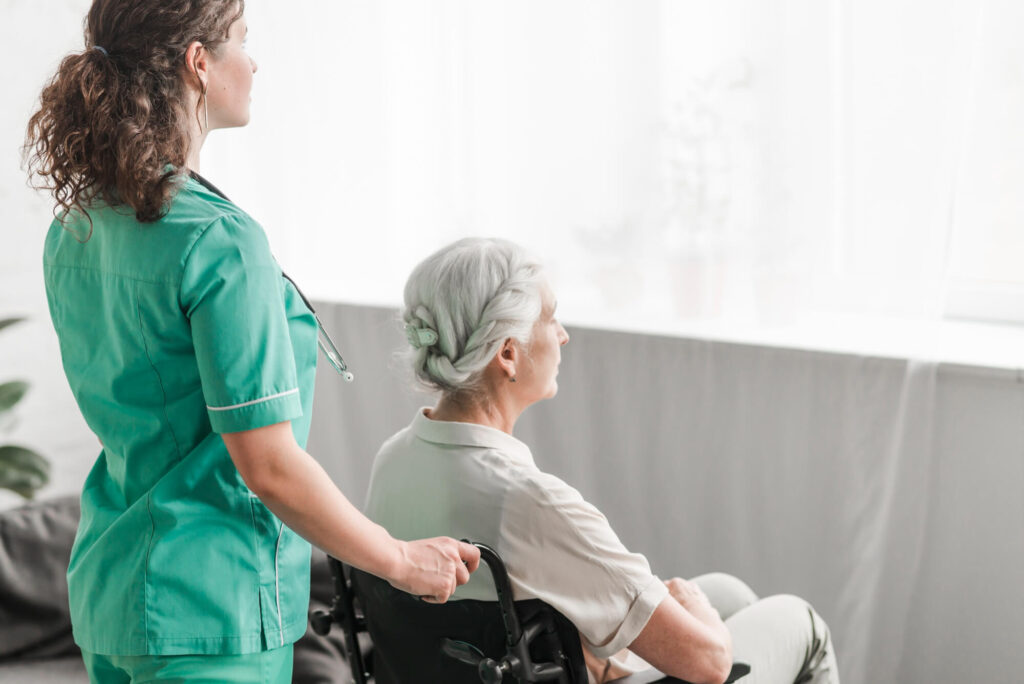
Main Duties of a Caregiver
Caregivers focus on helping individuals maintain their quality of life. Here are some typical duties:
Assisting with bathing, dressing, grooming, and toileting.
Cooking and serving meals, ensuring dietary needs are met.
Helping with walking, getting in and out of bed, and using mobility aids.
Light housekeeping, laundry, and shopping.
Providing emotional support and engaging in activities with the person being cared for.
While caregivers typically don’t administer medication, they ensure that individuals take their medication as prescribed.
Who Can Be a Caregiver?
Anyone with a compassionate nature and a desire to help others can be a caregiver. Formal qualifications aren’t always required, but some employers prefer caregivers to have basic training, like a Care Certificate or a Level 2 Diploma in Health and Social Care.
In the UK, caregivers are sometimes referred to as carers. The term covers a broad range of people who provide care, including family members who look after elderly relatives or those with disabilities.
Skills Needed to Be a Caregiver
Being a caregiver requires a mix of practical and personal skills:
Patience and understanding: Caring for others can be challenging, and these qualities are essential.
Physical stamina: The job often involves lifting, bending, and standing for long periods.
Compassion: A caregiver must genuinely care about the well-being of the person they are helping.
Problem-solving skills: Every day can bring new challenges, so being able to adapt is important.
Comparing Healthcare Assistants and Caregivers
While both HCAs and caregivers provide essential support, their roles differ in several key ways:
Work Environment
Healthcare assistants usually work in clinical settings like hospitals or care homes, under the supervision of medical staff.
Caregivers often work in the individual’s home or in a community setting, providing more personal and direct care.
Responsibilities
HCAs are more likely to be involved in clinical tasks, such as taking vital signs or assisting with minor medical procedures.
Caregivers focus more on personal care and daily living activities, providing a broader range of support that might include household chores and companionship.
Training and Skills
Healthcare assistants typically receive more formal training, particularly in medical tasks. They may be required to complete specific certifications depending on their responsibilities.
Caregivers may not need formal qualifications, but having basic training in first aid or caregiving skills is beneficial. The emphasis is often on personal attributes like empathy and patience.
Is It Worth Being a Healthcare Assistant or a Caregiver?

Both roles offer rewarding experiences and the opportunity to make a real difference in people’s lives. However, they come with challenges:
Healthcare Assistant
Pros: Clear career progression, the opportunity to work in a professional healthcare setting, and the possibility to specialize or advance to other roles like nursing.
Cons: The job can be physically demanding and emotionally taxing, especially when dealing with patients in serious conditions
Caregiver
Pros: Close relationships with those you care for, flexible working environments, and the personal satisfaction of improving someone’s quality of life.
Cons: The work can be isolating, and without formal qualifications, career progression might be limited.
Pay and Working Hours
Pay varies for both roles, depending on the location, employer, and level of experience:
Healthcare assistants in the NHS typically earn between £11 and £15 per hour, depending on their band.
Caregivers in the UK earn around £10 to £12 per hour on average, though rates can be higher for live-in caregivers or those with specialized skills.
Working hours can also differ:
HCAs usually work shifts, including nights and weekends, as hospitals operate 24/7.
Caregivers might have more flexible hours, depending on the needs of the person they are caring for. However, live-in caregivers may work longer hours.
Final Thoughts
Both healthcare assistants and caregivers play critical roles in supporting people who need care. They may work in different environments and have different responsibilities, but both are incredibly important. Whether you’re drawn to the medical aspects of being an HCA or the personal care focus of being a caregiver, you’ll be making a real difference in people’s lives.
If you’re still unsure, consider what aspects of care interest you most. Are you drawn to a clinical setting with a focus on medical tasks? Or do you prefer the idea of providing personalized care in someone’s home? Answering these questions can help guide you toward the role that’s right for you.
No matter which path you choose, both roles offer fulfilling careers where you can truly make a positive impact.
To become more qualified in Healthcare, Caregiving and Health & Social Care, enrol our Level 3 Diploma in Health & Social Care.
- All Courses
Personal Development (1223)
 Employability (356)
Employability (356) Management & Administration (290)
Management & Administration (290)Health & Social Care (266)
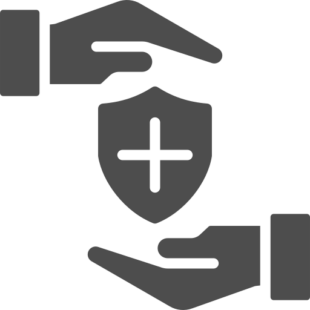 Health and Safety (262)
Health and Safety (262)Business (210)
IT & Software (189)
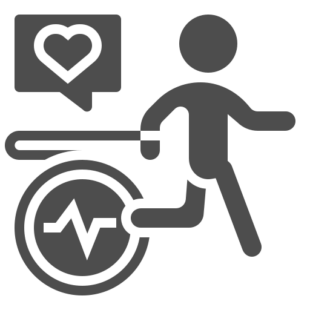 Health and Fitness (172)
Health and Fitness (172) Teaching & Education (156)
Teaching & Education (156) Accounting & Finance (107)
Accounting & Finance (107)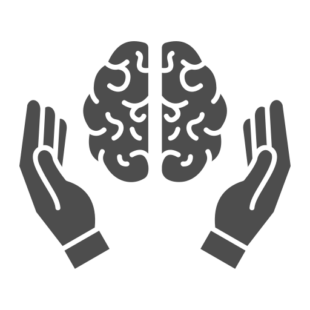 Mental Health & Counselling (97)
Mental Health & Counselling (97)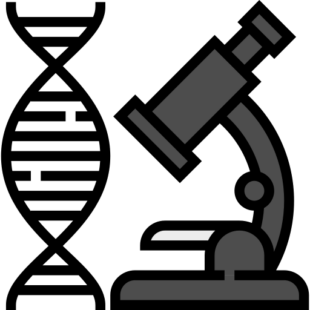 Science & Technology (95)
Science & Technology (95) Art & Design (81)
Art & Design (81) Sales & Marketing (80)
Sales & Marketing (80) Construction & Engineering (79)
Construction & Engineering (79)Language (67)
 Compliance & Law (67)
Compliance & Law (67)Career Bundle (57)
 Photography & Lifestyle (45)
Photography & Lifestyle (45) Animal Care (35)
Animal Care (35)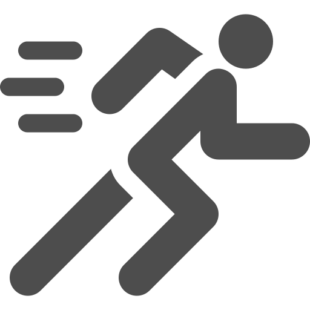 Sports & Fitness (34)
Sports & Fitness (34)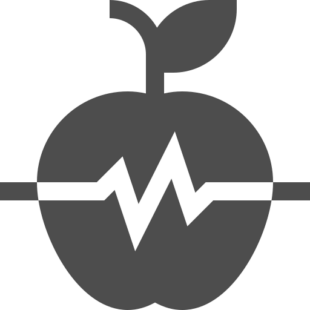 Diet & Nutrition (31)
Diet & Nutrition (31)Makeup & Beauty (27)
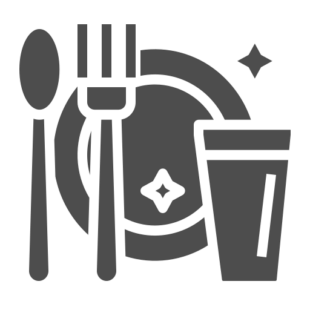 Food Safety & Hygine (21)
Food Safety & Hygine (21)First Aid (19)





0 responses on "Healthcare Assistant vs. Caregiver: What's the Difference?"